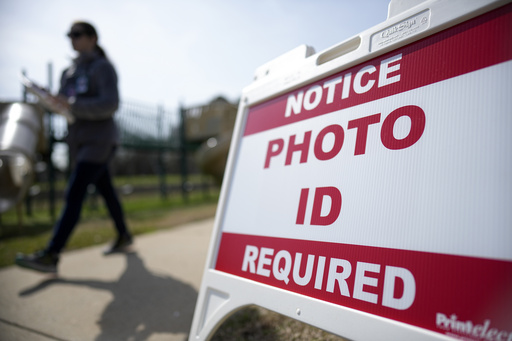The North Carolina State Board of Elections recently approved the first digital form of identification to meet state voter ID requirements. The Mobile UNC One Card, issued by the University of North Carolina at Chapel Hill, was given the green light by the Democratic-controlled board in a 3-2 party-line vote.
This digital ID can be used by registered voters to comply with the state’s photo voter ID mandate, which includes various accepted forms of identification such as driver’s licenses, passports, and certain ID cards. While the board has previously approved over 130 traditional student and employee IDs for voting purposes in 2024, the Mobile UNC One Card marks the first digital ID to be sanctioned.
Republican Party members criticized the decision, hinting at a potential legal challenge. The outcome of this approval could impact close statewide races in North Carolina. The board’s attorney stated that there is no specific limitation in the law regarding the approval of digital ID cards.
UNC-Chapel Hill students and staff with Apple phones can now obtain the Mobile One Card or continue using the physical One Card, which was already approved as a qualifying ID. Board Chair Alan Hirsch emphasized the importance of adapting to technological advancements when considering the approval of the mobile ID.
The Republican members argued that the voter ID law requires a physical card unless stated otherwise by the legislature. Despite concerns raised by GOP members about the legality of digital IDs, the UNC-Chapel Hill Mobile One Card met all the necessary requirements set by the state board.
The voter ID law, initially introduced in 2018, faced legal challenges and was only implemented in the 2023 municipal elections. Individuals without qualifying IDs can cast provisional ballots and provide identification before the final ballot count. The recent approval also allows UNC-Chapel Hill voters to include a photocopy of their Mobile One Card in traditional absentee ballots.
In addition to the approval of the digital ID, the board officially added Cornel West to the state’s presidential ballots following a federal judge’s ruling. The decision overturned the board’s previous rejection of certifying the Justice for All Party of North Carolina, prompting the inclusion of West, a progressive activist and professor, as a candidate on the ballot.


